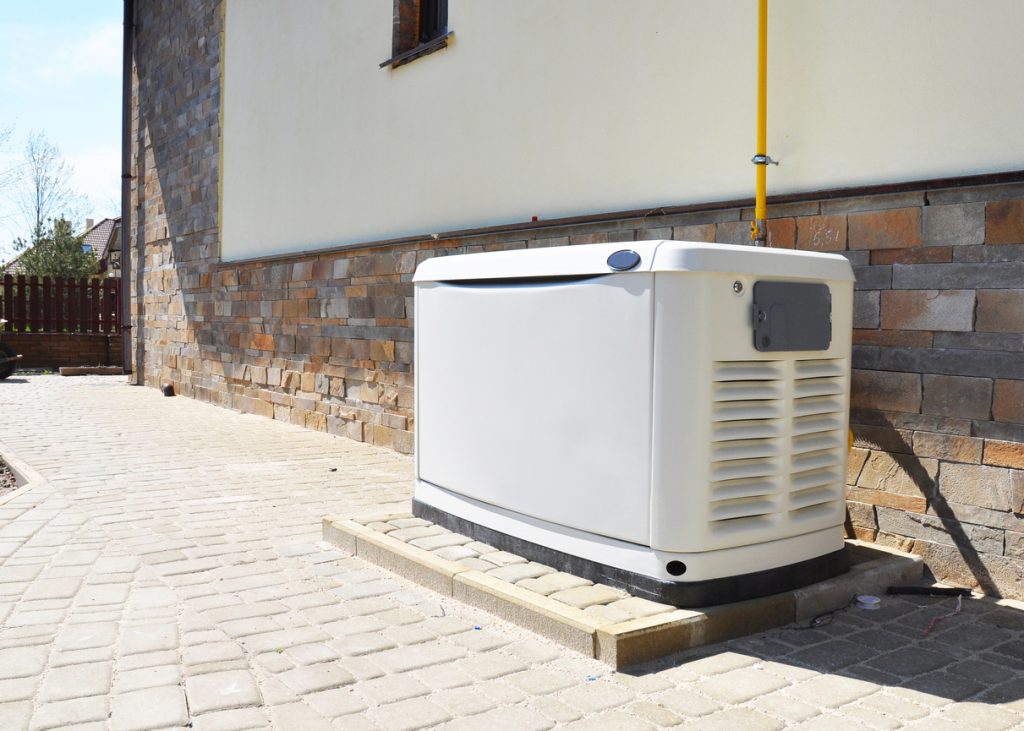Chamberlain LLC has installed many generators in and around Jonesboro, AR. Nestled in Northwestern Arkansas, this city is home to over 80,000 residents, all of whom need to operate their lights, appliances and electronics. We’ve always loved setting people up with something that can keep the lights on when the power is off. That’s why we’ve put together this little guide to help you figure out which generator would be the best for your place.
Calculating How Many Watts You’ll Need
Generators don’t vary by much. The only thing you’ll need to look at is how many watts a generator produces. If you’re living in a large house, you’ll need one that produces more watts than you would need for a smaller home.
The simplest way to calculate this is by adding up the energy needs of all your appliances. These use most of the electricity your house receives. So, they’ll make up the majority of your electricity demand.
A typical refrigerator uses about 800 watts whenever it’s on. A microwave can use up to 1,200 watts when it’s in use.
Running Wattage vs. Starting Wattage
You also need to consider how many of your appliances have motors. Anything that has a motor inside it will need more watts to start. That’s called the starting wattage of an appliance.
You can calculate the starting wattage of an appliance by tripling its running watts. For example, if you have a fridge that needs 800 running watts, it would need 2,400 starting watts. To figure the wattage you’d need for a generator, use the combined total of 3,200 watts.
You can do the same calculations for everything in your house that uses electricity. Add them all together to figure out how large your generator needs to be. We’d recommend getting one that has enough watts to power all your major appliances.
Comparing Different Types of Generators
There are plenty of options when it comes to picking a generator. The smallest ones are useful if you’re planning a camping trip. Portable generators are light enough to make them easy to move. However, they’ll only provide so much power when you’re using them.
An inverter makes sense if you’re trying to use your generator for an RV. They’re able to convert AC power to DC, making them very versatile. Plus, they’re more efficient than portable generators most of the time.
A whole-home generator is what we’d recommend using in your house. These provide enough power to keep everything on if the electricity goes out. We can even hardwire them into your home’s electrical system. So, they’ll kick on anytime the power goes out, without you noticing.
Installing a whole-home generator is the best solution if you’ve had a lot of outages. You won’t have to deal with random blackouts after you’ve put one of them in your home. You can find some capable of producing 20,000 watts or more.
Your Reliable Jonesboro Electric Team
At Chamberlain, we specialize in home electrical systems. We’d love to help you install a new generator at home. Give us a call to set up an appointment to receive a free quote. Our electricians are ready to help you in Jonesboro, AR and the surrounding area from Gilkerson to Brookland.



